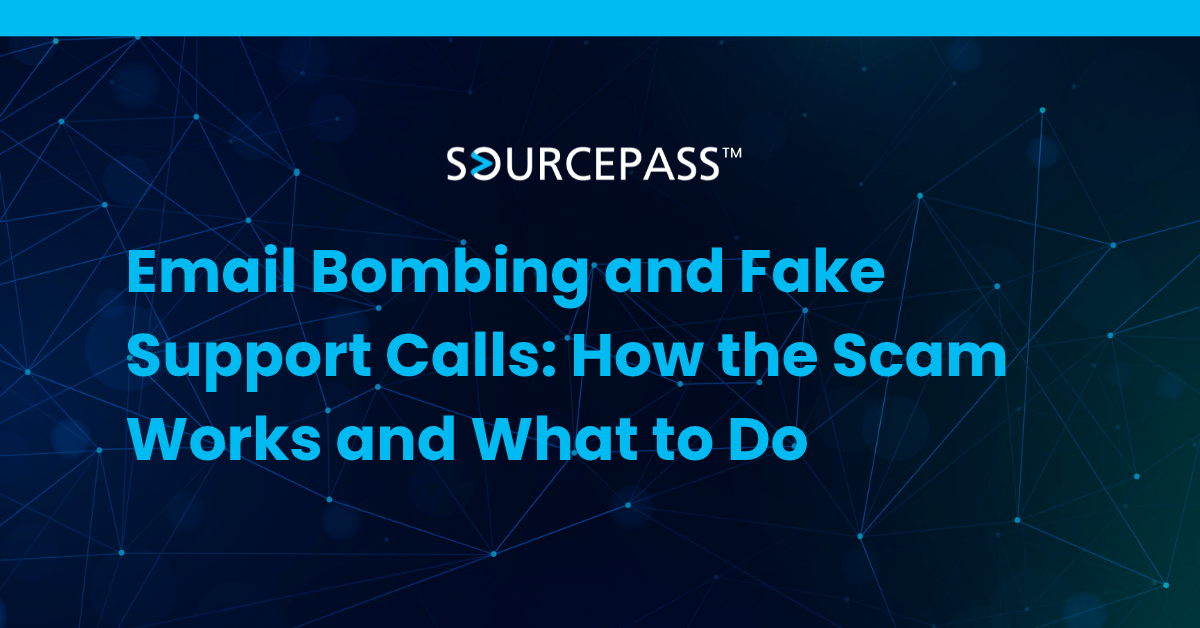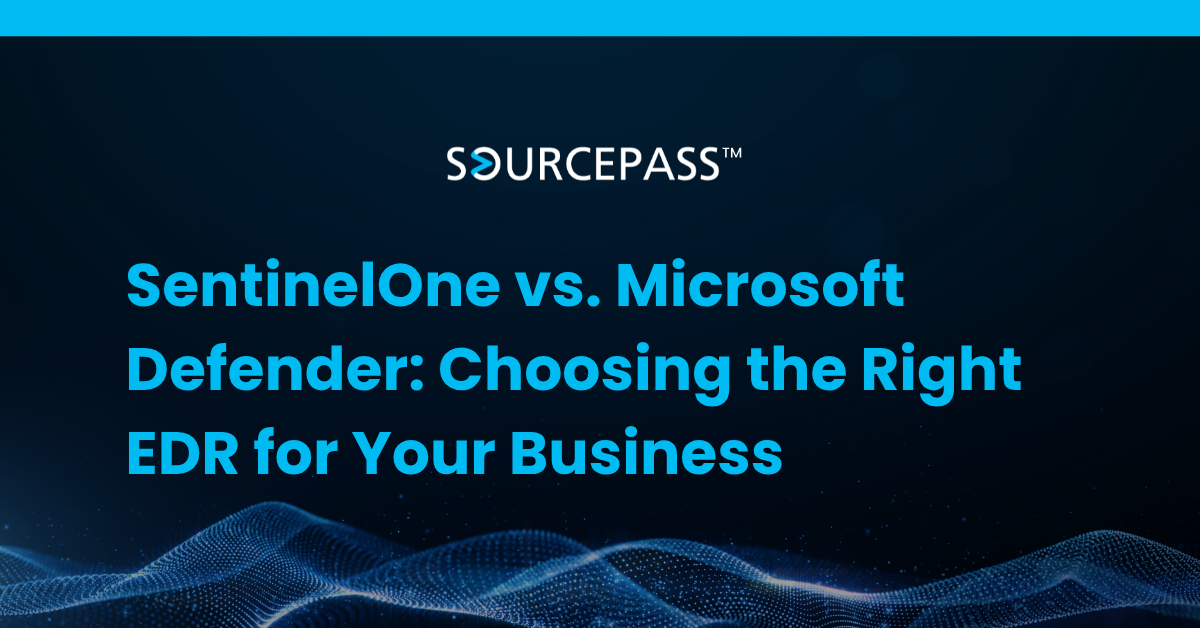Why It's Important to Keep Your Server Operating Systems Current
May 29, 2025 Alex Davis Hardware Refresh 2 min read



In IT, few things are as fundamental—and, as often overlooked—as keeping server operating systems up to date. Many businesses continue to run on outdated or unsupported operating systems, exposing themselves to unnecessary risk and inefficiency.
At Sourcepass, one of our core Client Success Standards is clear: It is only satisfactory if server operating systems are current and supported.
Why? Because an outdated OS isn’t just a technical issue—it’s a business issue.
The Purpose Behind the Standard
This standard exists to help our clients maintain a secure, reliable, and high-performing server environment. Supported operating systems are actively maintained by vendors, which means they receive critical updates that keep systems resilient, compatible, and performing at their best.
When businesses rely on legacy systems, they often create avoidable gaps in both their infrastructure and their operations.
The Hidden Costs of an Outdated Operating System
Old or unsupported server operating systems can introduce a host of problems that reach far beyond IT:
Security Vulnerabilities
Unsupported OSs no longer receive security patches, leaving servers open to exploitation. This risk increases over time and can result in data breaches, ransomware attacks, or compliance failures.
Performance Degradation
Modern software is designed to run on modern operating systems. Older OSs can become sluggish, unreliable, and ill-suited for newer workloads.
Application Compatibility Issues
New applications often aren't compatible with legacy environments, making integration and upgrades difficult and costly.
Increased Downtime
Without vendor support, resolving issues becomes more time-consuming. IT teams may spend hours troubleshooting what would otherwise be resolved with a simple patch.
Compliance Risks
Many industry regulations—including HIPAA, PCI DSS, and others—explicitly require the use of supported software. Falling out of compliance can bring hefty fines and damage your business’s reputation.
The Value of Server Operating Systems to Your Business
By maintaining supported and up-to-date server operating systems, businesses can:
- Enhance Security: Actively supported OSs receive regular patches and fixes, closing known vulnerabilities before they become a threat.
- Improve Performance: Modern OSs are optimized for today’s workloads and hardware, ensuring systems operate efficiently.
- Ensure Compatibility: Supported OSs allow for smoother integration with current applications, tools, and services.
- Maintain Regulatory Compliance: Staying current ensures alignment with compliance frameworks and reduces the risk of violations.
- Minimize Downtime: With official vendor support, issues can be escalated and resolved more quickly, reducing disruption to business operations.
What Happens If You Don’t Meet This Standard?
Clients that continue using unsupported server OSs often encounter:
-
Repeated security incidents or close calls
-
Sluggish systems and operational delays
-
Software limitations that block new initiatives
-
A constant drain on IT resources due to reactive troubleshooting
-
Unexpected costs when forced to upgrade under duress
-
Compliance concerns during audits or assessments
In short, letting operating systems go unsupported transforms a controllable risk into a looming emergency.
Take the Proactive Approach
Upgrading a server operating system might appear to be a routine back-office task, but it significantly affects the entire business. It's important to perform the upgrade proactively, before any incidents arise.
At Sourcepass, we help our clients regularly assess their server infrastructure and plan upgrade paths that align with their operational needs, budget, and compliance requirements.
Don't wait until outdated software becomes a business problem. Review your infrastructure today—and stay ahead of tomorrow’s risks.
Need help assessing the status of your server OS environment? Contact Sourcepass!
Contact Sourcepass to speak with a Sourcepass Specialist to learn more!
Subscribe To
Sourcepass Insights
Sourcepass Insights
Stay in the loop and never miss out on the latest updates by subscribing to our newsletter today!



